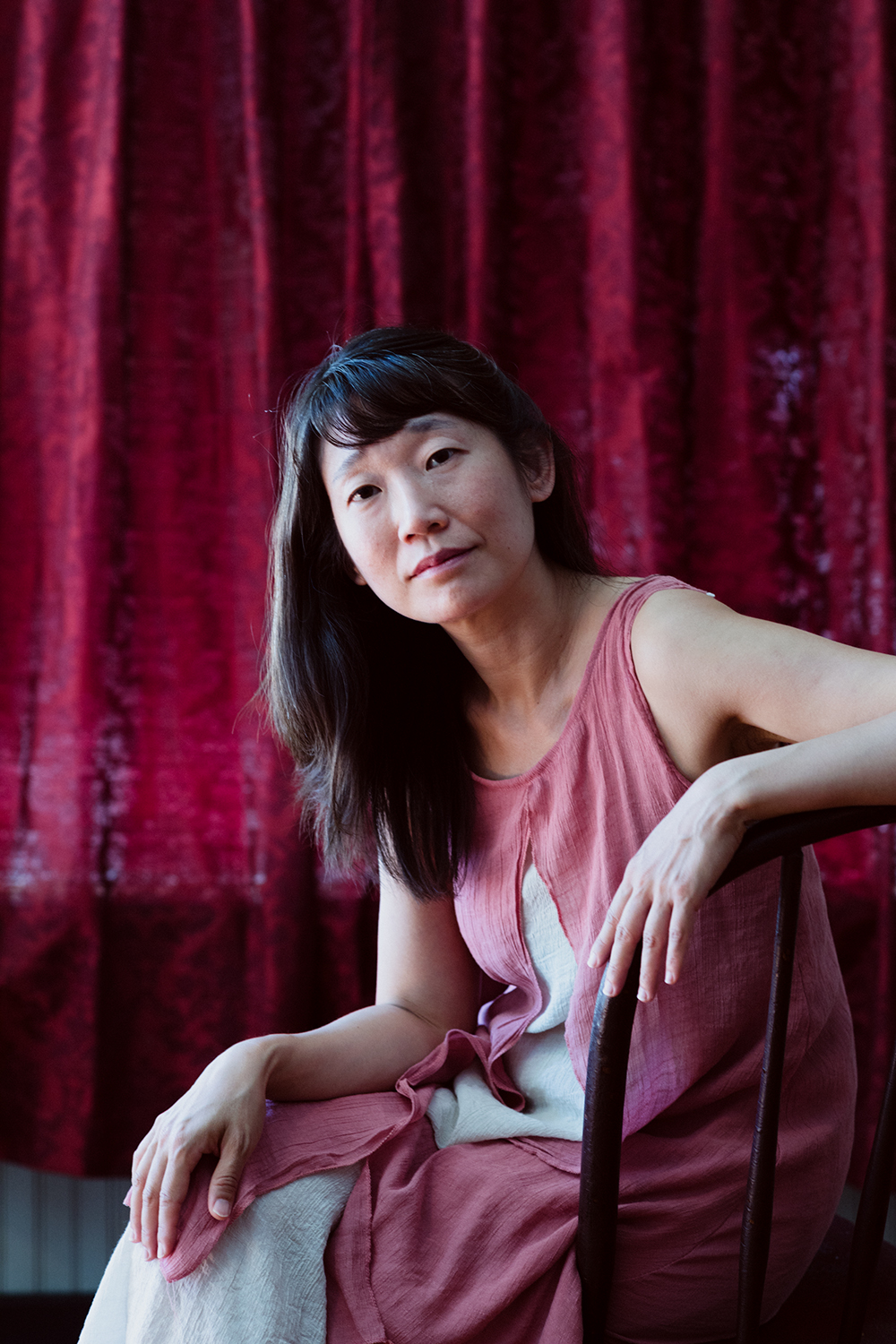
Those who have read Madeleine Thien’s bestselling Do Not Say We Have Nothing will recognise The Book of Records as being the title of the manuscript at its heart – a dangerously dissenting history of China. In her latest novel, Thien uses the title to explore the future rather than the past – or so it seems at first.
Extensive flooding has caused Lina and her father to leave Foshan and retreat to ‘the Sea’, a labyrinthine ‘nothing place’ where people usually shelter just for a short while before moving on. It resembles Kowloon Walled City, the immense, densely populated structure that, before being demolished, was close to where Thien’s mother grew up. The Sea is also an uncanny manifestation of space conflated with time, where historical figures live in neighbouring rooms.
Lina treasures her last remaining three volumes of an encyclopaedic series, The Great Lives of Voyagers. One focuses on the Tang dynasty poet Du Fu; another on the 17th-century Dutch philosopher Baruch Spinoza; and the third on Hannah Arendt, the 20th-century German political theorist. When Lina discovers a secret door leading to three neighbours – Jupiter, Bento and Blucher – who turn out to be mysterious iterations of these three great voyagers, they proceed to tell her their tales.
So, in an extraordinary narrative space, Lina’s story frames those of the impoverished Du Fu and his struggle for recognition; Spinoza’s exile from Amsterdam’s Jewish Quarter; and Arendt’s terrifying flight from Nazi Germany. The rendering of these lives is vivid, gripping and moving, especially in comparison to Lina’s muted philosophical conversations with her father.
But there are three other lives that are painfully missing: those of Lina’s mother, brother and great-aunt. The devastating reason becomes clear in the book’s second part, when we learn more of Lina’s father’s background and the moral and political quandaries that can arise when exceptional intelligence is deployed in cyberspace.
Looking from the future at a past of cruelty and betrayal, Thien draws attention to small acts of kindness that enable survival – like the young Spanish border guard who chose to stamp Arendt’s visa, or Spinoza’s friend Frans who gave him a room and a job. In preserving these stories, Thien finds hope among horrors in this challenging and rewarding novel.








Comments